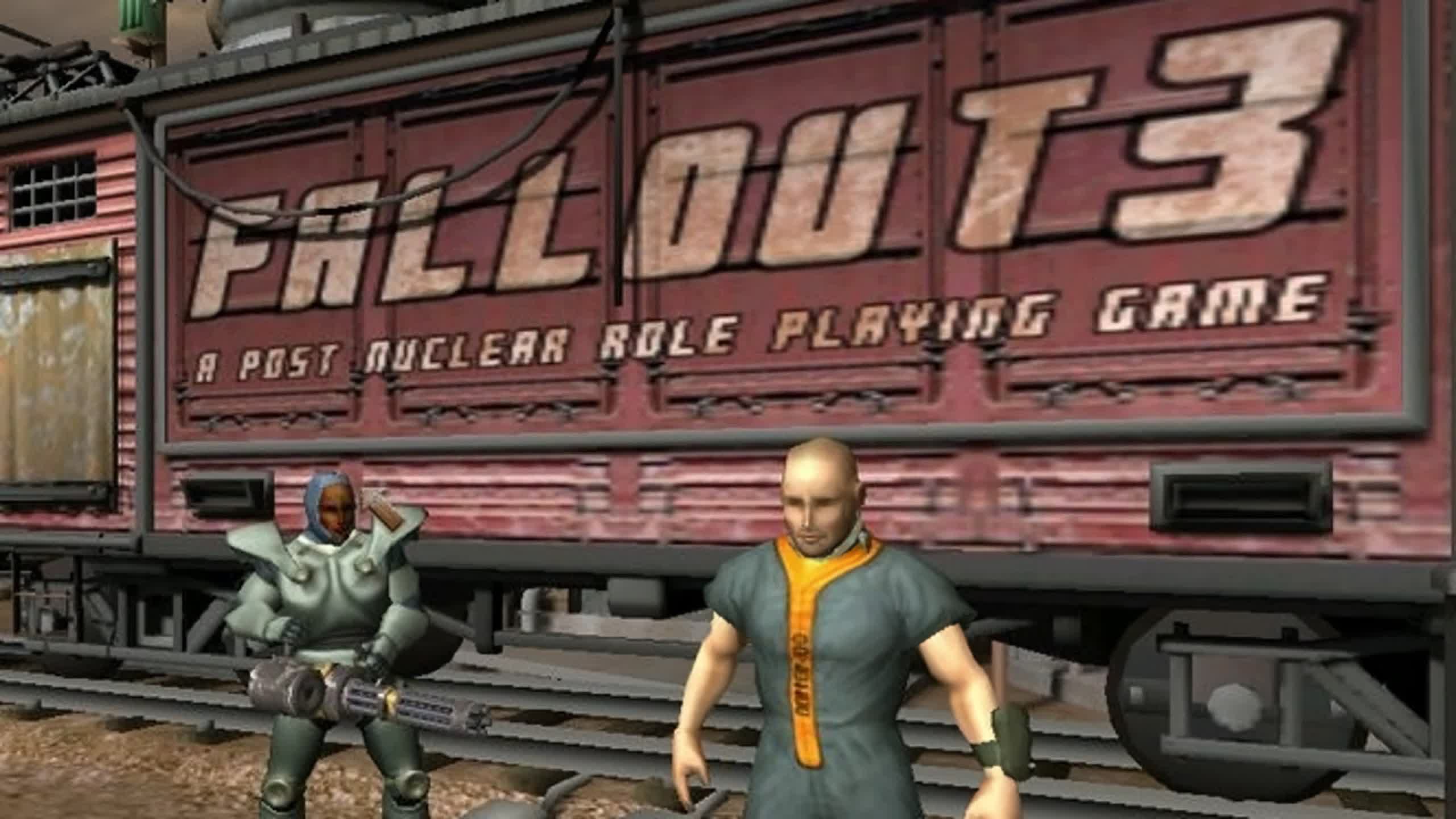Serving tech enthusiasts for over 25 years.
TechSpot means tech analysis and advice you can trust.
In context: In the early 2000s, Interplay was working on a sequel to its popular Fallout series. It was a time when developers were beginning to favor 3D game designs. So, instead of pulling out the old top-down 2D spite-based Fallout engine from 1997, Interplay decided to make a 3D version from scratch.
The developers codenamed the game “Project Van Buren” (Fallout Van Buren). It was well underway when former Fallout 1 producer Tim Cain got a call from an unnamed Interplay vice president to check out the prototype.
At the time, Cain was working at the now-defunct studio Troika Games, which was right across the street from Interplay’s studio. He recounted the event in a recent YouTube video (below). Cain said that the vice president, “Veep,” told him that he might have to cancel Van Buren and wanted Cain’s opinion on the prototype before he made a decision.
Cain did not want to get involved because it was a tremendous responsibility. Even his friends at Troika told him to stay away from it. However, Cain and Veep had been friends for a long time, and Veep knew how to frame his request to get Cain to agree.
So Cain went to Interplay’s studio and played with the prototype for about two hours. When he had seen enough, Veep asked how much time the team needed to complete a shippable product. Cain’s honest assessment was that it would take 18 months to have a “really good game.” Veep told him that that timeframe was too long and asked if there was any possible way to finish it sooner.
“Well, even if you did a death march crunch, I don’t think you could do it faster than 12,” Cain told his friend.
Unfortunately, that was also the wrong answer. Veep’s budget required finishing Van Buren within six months. So, what was to be the first 3D Fallout title ended up abandoned.
Interplay was already in financial trouble, hence the rush to get the game out the door. So, it penned a deal with The Elder Scrolls studio Bethesda Softworks to make Fallout 3, with the option of developing two additional sequels. Work on the project started in late 2004. However, by 2007, Interplay was beginning to go under, so it sold the entire IP to Bethesda, including much of the already completed materials like lore, dialog, and conceptual art. The new owner went on to finish and launch the first 3D Fallout title in October 2008.

Although Cain felt somewhat responsible for the failure, he said, in truth, nobody was to blame. It was a situation where Fallout 3 came along at the wrong time with the wrong studio.
“It comes down to money. They [Interplay] were running out of money,” Cain said. “[Veep] could not afford a development period of more than six months, and to me, that time frame was out of the question.”
Interplay had posted losses for two consecutive years before Cain’s impromptu test. So, it had zero flex in its budget for Fallout Van Buren. Even if he had lied and said they could finish in six months, and the team somehow pushed to get it out in time, it would have been a complete failure.
“I do not believe that [with] the money they had left, the game in the state it was in, and the people who were working on it could have completed it within six months,” he said. “And [if they did], I don’t think it would have been a game you would have liked playing.”
>>> Read full article>>>
Copyright for syndicated content belongs to the linked Source : TechSpot – https://www.techspot.com/news/103496-how-bethesda-ended-up-stealing-fallout-3-interplay.html










